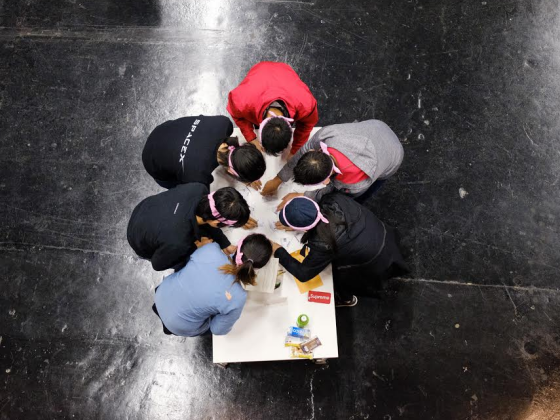Whether playing an escape room, developing and marketing a product, or building lifelong relationships, successful teams almost always display certain qualities. Here at Palace Games, our staff has had countless opportunities to observe teams, both large and small, in high pressure situations. Our experts have taken some time to analyze their findings, and have discovered the most important qualities of successful teams.
Attention to Detail: Sometimes the smallest details can be of the utmost importance. No matter the task, a great team pays attention to every aspect of a problem.
Collaboration: Two heads are better than one. A successful team embraces ideas from a variety of perspectives and has no trouble solving problems as a team.
Communication: Strong teams are made up of excellent communicators. They keep their teammates apprised of any pertinent information, and know how to express it with clarity and precision. Members understand that listening is as important as effective speaking.
Delegation: Not all problems are solved the same way. A large group is required for some, while others must be approached individually or in small groups. Knowing the difference is key for success.
Experimentation: Victory is for doers, not don’ters! Hardly ever will a great team leave no stone unturned. As long as experimentation is practical, feasible and safe, there are few ideas that should not be given a try.
Focus: Getting distracted is easy, especially in high stress situations. A successful team can stick to the task at hand for as long as necessary.
Positivity: Somewhat ephemeral, but no less important, is a team’s outlook. Nothing slows a team down like hurt feelings or part of the group throwing in the towel.
Trust: An environment of trust is foundational for optimal teamwork. Only a teammate who has confidence in and respect for the other members of the team will be comfortable in their pursuit of excellence. Without trust, many of the other qualities of success are not possible.
The qualities of great teams are significant for both the teams and the individuals which comprise it. Attention to and cultivation of these qualities is paramount for a team to thrive. Teams who have mastered them will have no trouble adapting to any situation, even being locked in a small room together. Team building activities, such as escape rooms, are a great way to work on these skills.



